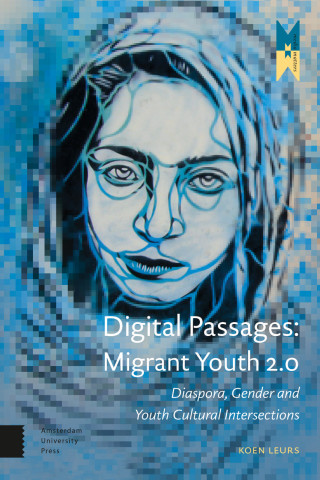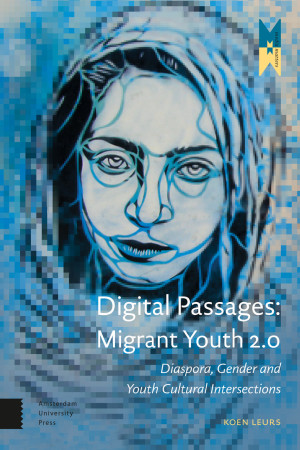"Readers from different disciplines will definitely find Digital Passages an interesting read, particularly those researchers with a methodological interest in digital humanities and students of social consequences of online behavior." - Rianne Dekker, KWALON
"Koen Leurs' work on Moroccan-Dutch youth in the Netherlands with a focus on their use of new media makes a very important contribution to research on race, ethnicity and diasporas. The work is informed by theories in postcolonial studies, critical geography, migration and transnationalism and gives us a clear look at the everyday use of new technology by these young people while revealing the power hierarchies that shape the production, use and circulation of media made by and for these young people. His methods allow us to see these young people as agents who make decisions in their media use and production. He also shows how anti-immigrant feelings manifested in offline community are reproduced in computer game culture online. Overall the extent, depth and scope of this project makes it a strong contribution to the study of youth cultures in global media contexts." - Radhika Gajjala, Professor of Media and Communication at Bowling Green State University
"Nothing else has been published on these topics that can match the rigour and insight of Koen Leurs' innovative book. Neither cheerleader nor nay sayer, he blasts apart every over simple assumption about social media in the everyday life of these marginalised and misunderstood young Dutch people. Digital Passages: Migrant Youth 2.0 will find a broad resonance beyond the Netherlands. It should be read by everybody interested in the power of network technologies that have altered solidarity, place and belonging and are now transforming the meaning of culture itself." - Paul Gilroy, Professor of American and English Literature at King's College London
"This book analyzes data about the everyday digital lives of Moroccan-Dutch youth gathered by a gifted researcher over many years. A rich and complex picture emerges, one that adds substantially to the existing scholarship on xenophobia, youth and social media, and identity. Strikingly interdisciplinary, humane, and fascinating research from a nuanced feminist perspective." - Lisa Nakamura, Gwendolyn Calvert Baker Collegiate Professor at the University of Michigan, Ann Arbor
"His [Leurs] self-reflexive writing style makes content accessible and readers to feel close to the researcher, who in addition to offering solid results also provides an engaging description of the ethical and epistemological decisions made in the research process." - Cecilia Gordano Peile in Communications, European journal of communication research

